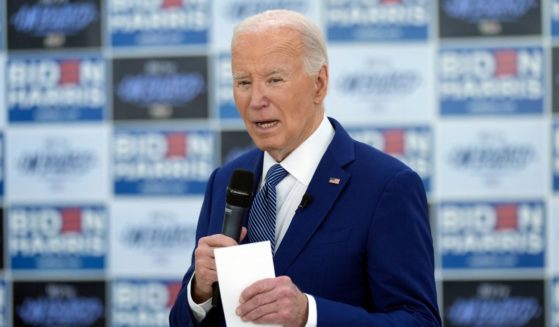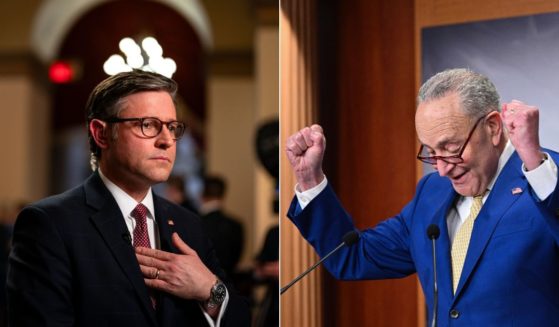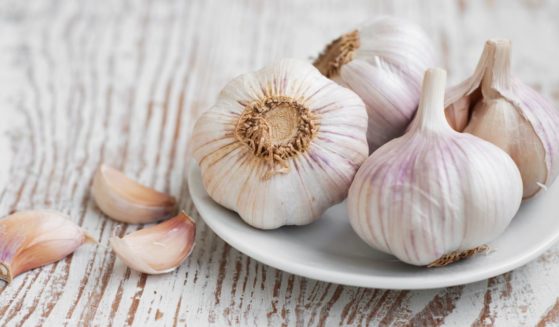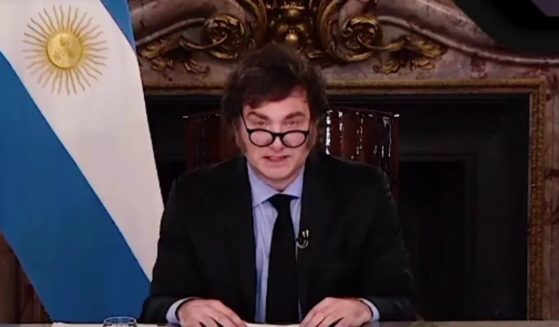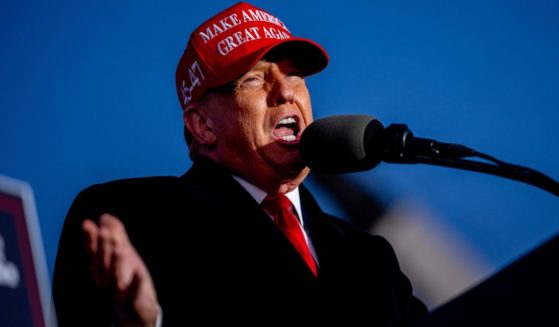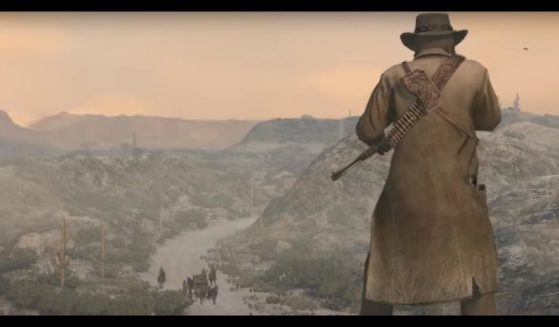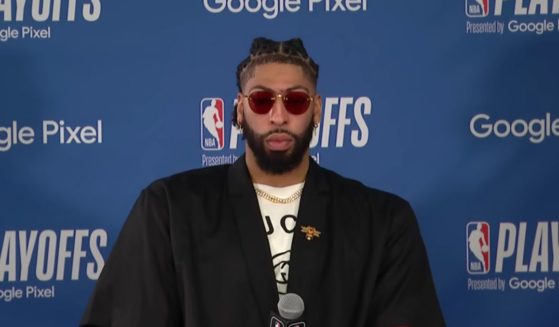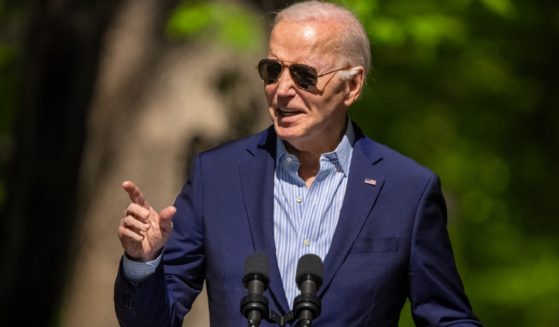The Latest: Venezuela's Guaido probed over power outage
CARACAS, Venezuela (AP) — The Latest on the political and economic crisis in Venezuela (all times local):
3:30 p.m.
Like many other Venezuelans, they were sick and tired of the blackout.
Colombian authorities say 10 people close to President Nicolas Maduro tried to enter the country Monday seeking relief from the power outage.
According to officials, the embattled leader’s cousin, Argimiro Maduro, along with his spouse, children and extended relatives complained the heat was unbearable and said they wanted to spend five days in Riohacha until service is restored.
The neighboring Andean nation is recognizing opposition leader Juan Guaido as Venezuela’s rightful president and recently compiled a list of more than 300 people with close ties to Maduro that will not be allowed into Colombia.
Colombia Migration Director Christian Kruger says the relatives were on the no-entry list.
He added that Colombia will not allow Maduro’s relatives to vacation while “avoiding the reality of a people in agony.”
—-
12:30 p.m.
European Union foreign policy chief Federica Mogherini says no military action from inside or outside Venezuela would be acceptable to resolve the “dramatically” deteriorating situation in the country.
She told the U.N. Security Council in New York on Tuesday that “a solution cannot be, and should never be, imposed from the outside.”
But she said that “an international initiative can help build a peaceful and democratic way out of the crisis.”
She noted that an International Contact Group with European and Latin American countries has been created “to help create the conditions for a political process that would lead to free and fair presidential elections.”
Mogherini said the EU is also working with U.N. agencies “to ensure that humanitarian aid reaches those in need inside and outside of the country following the key principles of humanitarian law, and avoiding any politicization of the aid delivery.”
___
12:10 p.m.
Venezuela’s chief prosecutor Tarek William Saab says he’s launched an investigation into opposition leader Juan Guaido over suspicions he was involved in an attack on the country’s power grid.
Tarek William Saab announced the probe Tuesday, saying the electrical failure has sparked violence, robberies and looting.
Venezuela’s power grid failed Thursday evening, leaving most of the nation in the dark and with limited phone and internet service.
Venezuelan officials accuse the U.S.-backed opposition of mounting a cyberattack on the system. Guaido and the U.S. blame years of mismanagement and corruption for allowing the once-wealthy country’s infrastructure crumble.
Guaido has declared himself interim president and demands new elections, arguing that President Nicolas Maduro’s re-election last year was invalid.
___
9:55 a.m.
Spain’s Foreign Ministry says it is trying to find out from Venezuelan authorities why a journalist with dual Spanish and Venezuelan nationality has been detained.
A Foreign Ministry spokesman said Tuesday the Spanish embassy in Caracas is in contact with the family of reporter and activist Luis Carlos Diaz.
The spokesman cannot be identified in media reports because of internal ministry rules.
Venezuela’s National Union of Press Workers says on its Twitter account that Diaz went missing Monday afternoon. It says that later, in the middle of night, a unit from the feared SEBIN intelligence police turned up at his home and took away computers, mobile phones and money, among other items.
Diaz’s wife, Naky Soto, tells the union the police broke in.
___
9:45 a.m.
Nicolas Maduro’s government says the U.S. decision to pull its last diplomats out of Venezuela is due to a breakdown in negotiations with Washington — and effectively says “good riddance.”
U.S. Secretary of State Mike Pompeo says the U.S. is withdrawing its remaining embassy staff from the country, citing Venezuela’s deteriorating situation and “constraints” on U.S. policy caused by their continued presence.
Maduro’s government had already cut ties with the U.S. over its recognition of opposition leader Juan Guaido as Venezuela’s rightful leader. The U.S. decided to ignore the decision but still withdrew most of its staff.
Venezuela’s foreign ministry said Tuesday that talks on keeping some representation collapsed due to hostility from Washington.
It said the presence of U.S. diplomats entails risks for peace and stability.
___
7:10 a.m.
Russian state oil company Rosneft is rejecting rejected accusations by U.S. Secretary of State Mike Pompeo that it is violating sanctions on Venezuela.
Pompeo said Monday that Rosneft CEO Igor Sechin — a close ally of Russian President Vladimir Putin — “continues to throw a lifeline” to Venezuelan President Nicolas Maduro. He said Rosneft was buying crude oil from Venezuela’s state oil company PDVSA “in defiance of U.S. sanctions.”
Rosneft disputes what it calls “groundless accusations” and says any contracts it has for oil purchasing in Venezuela pre-date the introduction of U.S. sanctions.
Rosneft is a major foreign investor in Venezuela as a partner of state-owned PDVSA, which is under U.S. sanctions. Sechin was personally sanctioned by the U.S. in 2014 shortly after Russia annexed the Crimean peninsula from Ukraine.
The Western Journal has not reviewed this Associated Press story prior to publication. Therefore, it may contain editorial bias or may in some other way not meet our normal editorial standards. It is provided to our readers as a service from The Western Journal.
Truth and Accuracy
We are committed to truth and accuracy in all of our journalism. Read our editorial standards.

